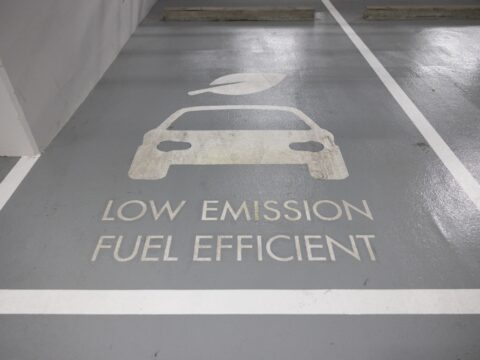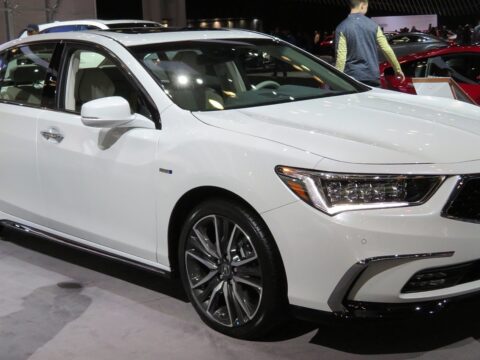Embarking on the journey of importing a car can seem like navigating through an exciting yet mysterious labyrinth. From acquiring a rare gem from a foreign land to potentially facing bureaucratic complexities, the venture is packed with thrilling highs and challenging lows. This article illuminates the path to increased selection and potential cost savings, shines a light on the prestige and exclusivity it can bring, and alerts you to the potential pitfalls, from complicated paperwork to unexpected costs and maintenance issues.
Contents
Pro: Selection and Availability

Importing a car often provides you with a wider range of options, especially if you’re interested in a specific make, model, or type that’s not readily available in your local market. For instance, some countries, such as Japan and Germany, are renowned for producing unique, high-performance vehicles that might be hard to find elsewhere.
Pro: Prestige and Exclusivity

Importing a car can provide a certain level of prestige and exclusivity. This is particularly true for rare or luxury vehicles that are not commonly found in your local market. By importing such a car, you differentiate yourself and stand out from the crowd, which can enhance your social status and self-expression.
Pro: Potential Cost Savings

Depending on the market conditions, exchange rates, and the type of car you’re importing, there may be an opportunity for cost savings. This is especially true if the car is less expensive in its country of origin or has a significant price differential between the markets.
Pro: Access to Better Quality Vehicles

Some foreign markets may offer better quality vehicles due to different manufacturing standards, techniques, or technologies. Also, countries with stricter road and climate conditions often have vehicles that are made to withstand these, offering enhanced durability.
Pro: Investment Potential

Certain imported vehicles, especially classic or vintage cars, may appreciate in value over time. This potential return on investment can be a significant advantage for car collectors and enthusiasts.
Con: Complex Paperwork and Regulation Compliance

Importing a car often involves a complex process of paperwork and regulation compliance, including customs declarations, duties and taxes, and adherence to local safety and emissions standards. This can be time-consuming and require a solid understanding of both import and export regulations.
Con: Potentially High Costs

While there can be cost savings, there can also be significant costs associated with importing a car. These may include shipping and insurance costs, import duties and taxes, and any modifications required to meet local regulations. Additionally, repair costs can be substantial if something goes wrong during transportation.
Con: Difficulties with Servicing and Parts Availability

Imported cars may require specific parts or servicing techniques that aren’t readily available in your local market. This can lead to longer downtimes when servicing is required and potentially higher maintenance costs.
Con: Risk of Fraud or Misrepresentation

When importing a car, especially if buying unseen, there’s a risk of fraud or misrepresentation. The car may not be in the described condition, or hidden problems may only become apparent after purchase.
Con: Resale Difficulties

Depending on the car and your local market, you might have difficulties reselling an imported vehicle. Some potential buyers may be wary of unique models, concerned about parts and service availability, or just prefer vehicles that were originally sold locally.
This article originally appeared on MyCarMakesNoise.
More from MyCarMakesNoise
25 Rare American Muscle Cars You Should Know

When most people think of American muscle cars, the classic Ford Mustang, Chevrolet Camaro, or the Dodge Charger may come to mind. These are titans of their time, a testament to American automotive engineering prowess. Read More
11 Vintage Cars Ideal for Hot Rod Customization

Hot rods embody style, speed, and innovation in the fascinating world of automotive artistry. They represent a reverence for the past and a passion for mechanical creativity. Read More
The 11 Greatest Motorcycles from Harley-Davidson

Harley-Davidson, an iconic American brand, has always been more than just a motorcycle manufacturer. It’s a symbol of freedom, rebellion, and the open road. For over a century, Harley-Davidson has crafted motorcycles that encapsulate the spirit of adventure and the joy of riding. Read More














